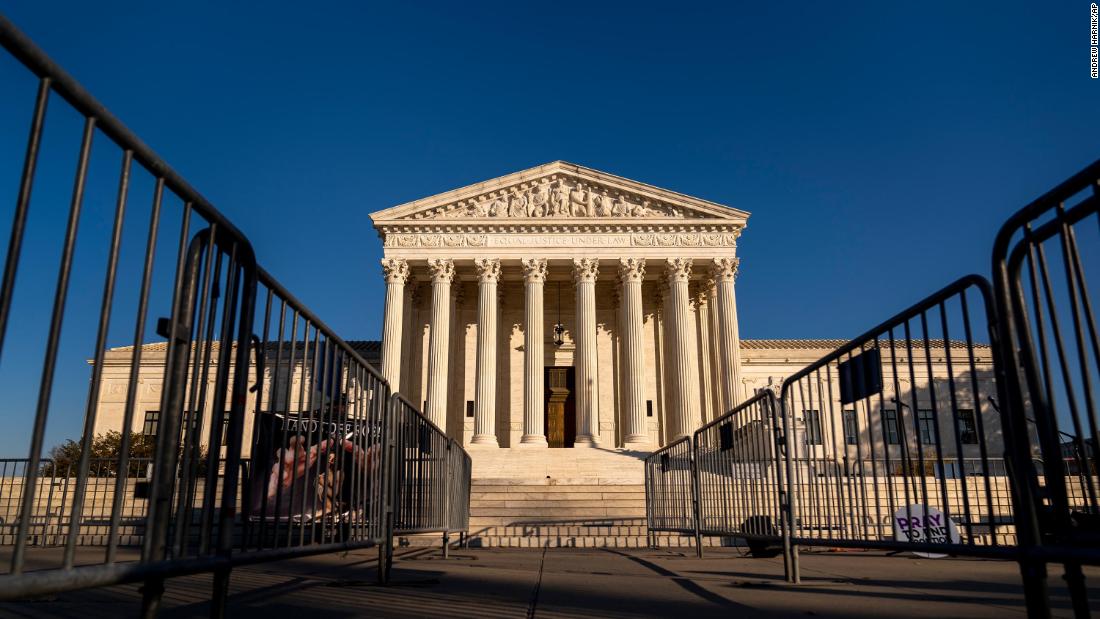
Roe and Casey: The two abortion precedents the Supreme Court may overturn
CNN
When the Supreme Court hears a constitutional challenge on Wednesday to a Mississippi ban on abortion after 15 weeks of pregnancy, the justices will start with the two seminal decisions that secured the abortion right for women.
The decisions, in 1973 and 1992, laid down constitutional markers while describing in powerful terms the difficult issues at hand. In Roe v. Wade, the justices acknowledged at the outset "the sensitive and emotional nature of the abortion controversy, of the vigorous opposing views, even among physicians, and of the deep and seemingly absolute convictions that the subject inspires."
Nearly two decades later, in Planned Parenthood v. Casey, the justices asserted: "Men and women of good conscience can disagree, and we suppose some always shall disagree, about the profound moral and spiritual implications of terminating a pregnancy, even in its earliest stage. Some of us as individuals find abortion offensive to our most basic principles of morality, but that cannot control our decision. Our obligation is to define the liberty of all, not to mandate our own moral code."

A number of Jeffrey Epstein survivors voiced their concern in a private meeting with female Democratic lawmakers earlier this week about the intermittent disclosure of Epstein-related documents and photos by Democrats on the House Oversight Committee, sharing that the selective publication of materials was distressing, four sources familiar with the call told CNN.












